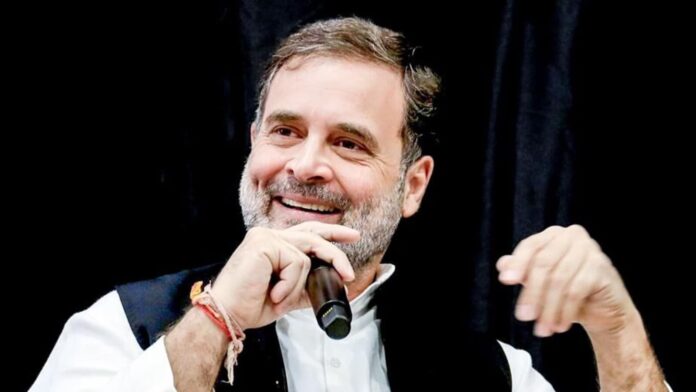Vijayawada (Andhra Pradesh) [India]: BJP MP and National President of the BJP OBC Morcha, K Laxman, on Saturday, responded to Rahul Gandhi’s recent remarks about conducting a caste census in Congress-ruled states. Laxman clarified that the BJP has never opposed the caste census and accused those discussing issues related to OBC, SC, and ST communities of merely putting on a show.
“Rahul Gandhi should first understand the Congress’s stance on these matters. Nehru criticized the Kaka Kalelkar Commission, and during his 17 years as Prime Minister, the Commission was never seriously considered. Even Rajiv Gandhi opposed caste-based reservations. Those now talking about OBC, SC, and ST issues are simply dramatizing the situation. The BJP has never opposed the caste census,” Laxman said.
Rahul Gandhi, on November 18, admitted that it was a mistake for the Congress-led United Progressive Alliance (UPA) government not to implement the caste census during its tenure. He acknowledged that the failure to implement the census was an oversight, despite being in power for a decade.
The Congress-led Telangana government has since announced plans to conduct a caste census, and a similar exercise was carried out in Bihar under the leadership of CM Nitish Kumar in an alliance with JDU, RJD, and Congress.
In his earlier remarks, Rahul Gandhi stated, “The idea of a caste census was introduced during the UPA government. I now believe it was a mistake not to implement it at the time. Now, in Telangana and Karnataka, we are working on a detailed public exercise, engaging with stakeholders and preparing the caste census questions through public consultations.”
The Leader of Opposition in the Lok Sabha expressed that the caste census would be a significant step toward the country’s development, emphasizing its importance for future policy-making.


